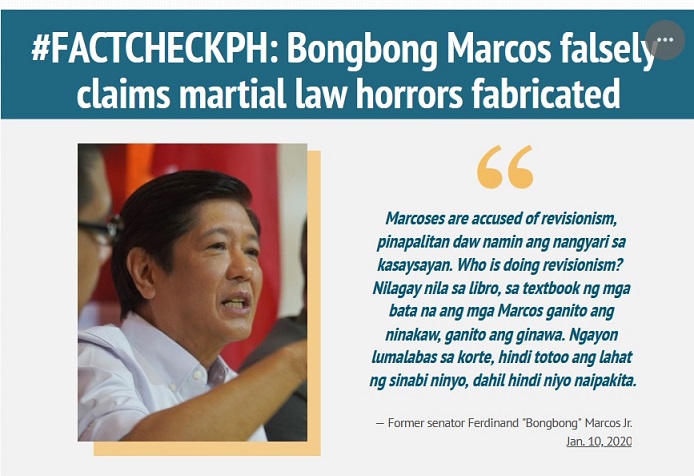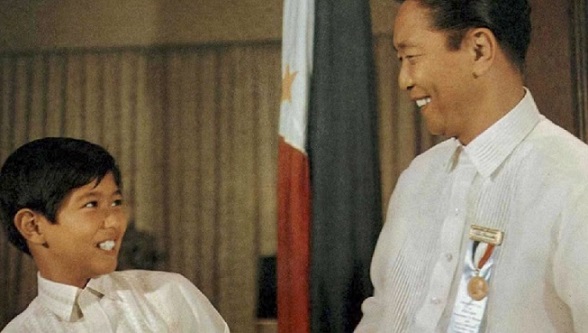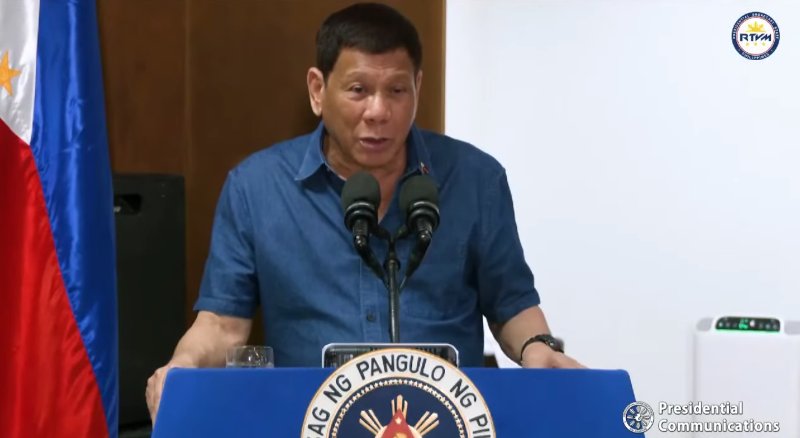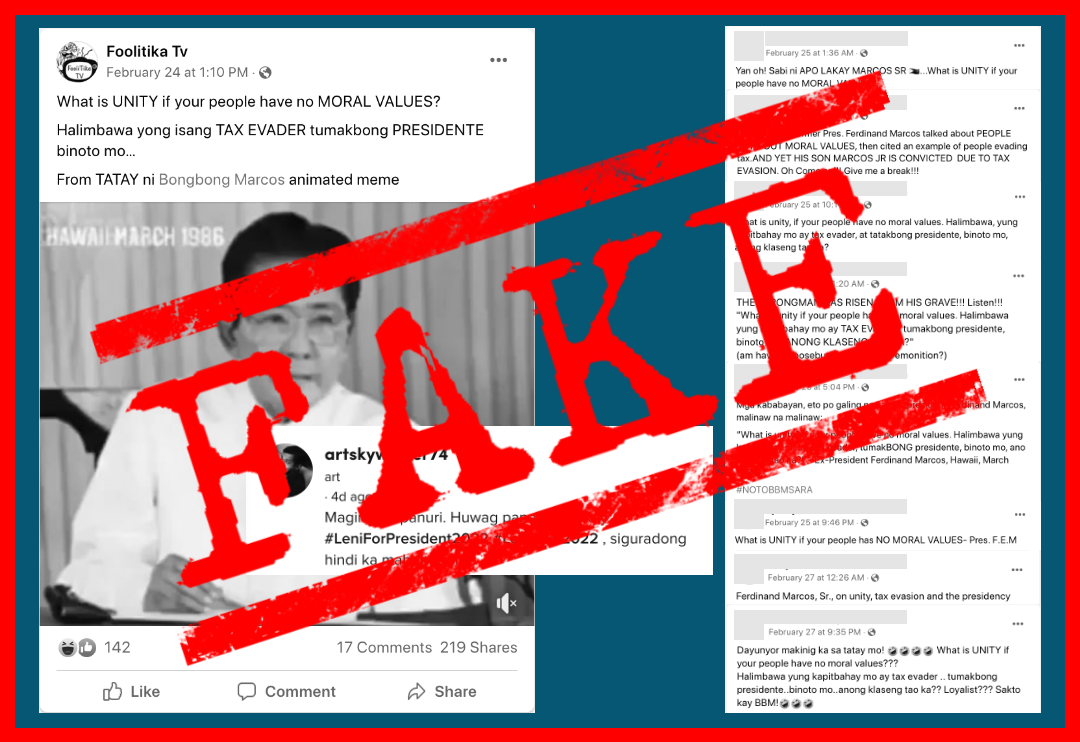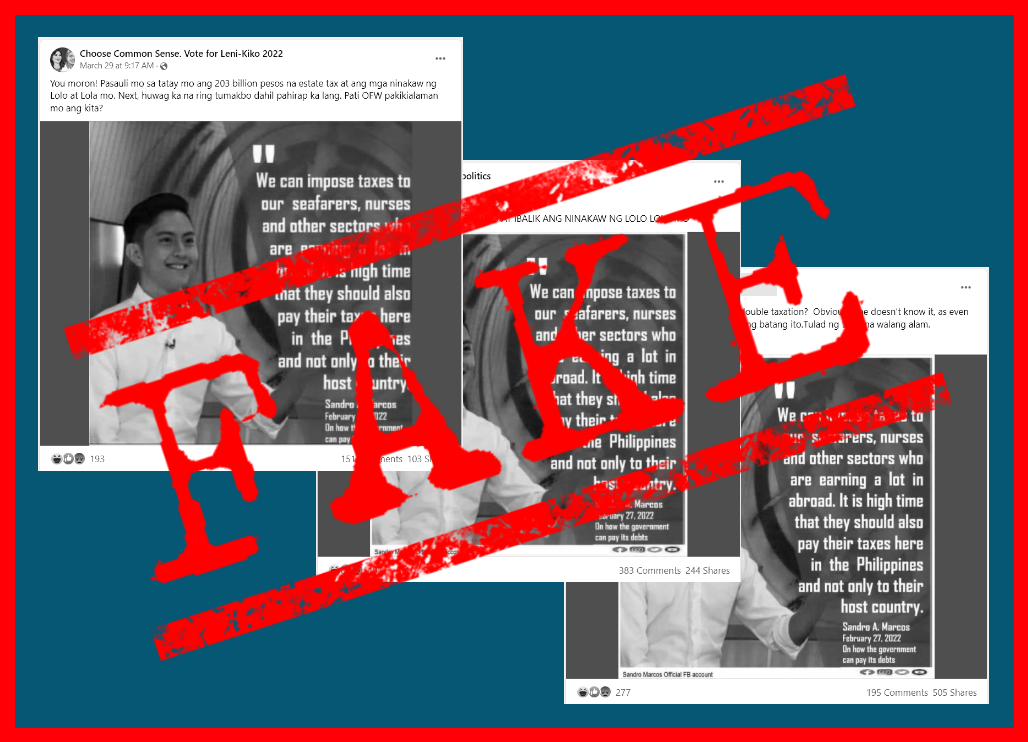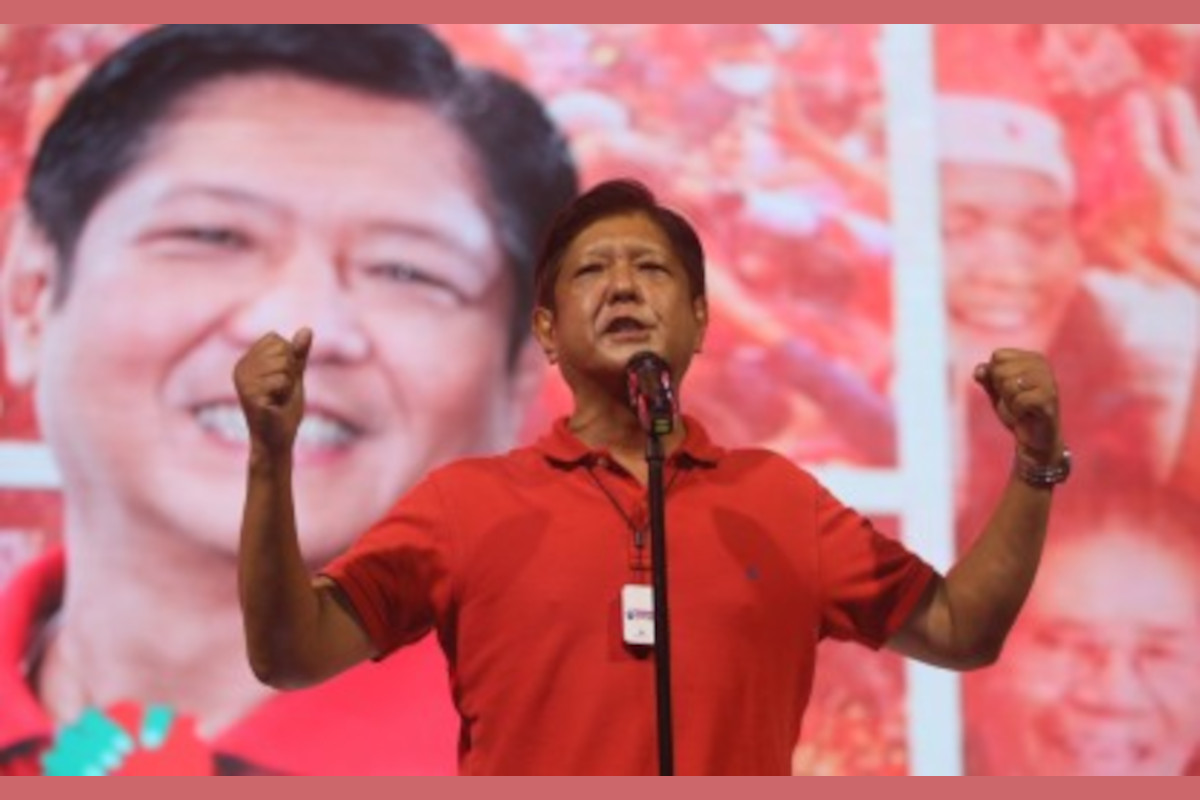As the second year of COVID-19 comes to a close, we Filipinos are learning to accept the reality that there is more than just death and taxes that are inevitable in life. In the Philippines, at least.
Maybe I should revise that.
As the second year of COVID-19 is coming to a close, about half of the Philippine population is raring to welcome the reality that there is more than just death and taxes that are inevitable in life. About one fourth is struggling to accept this and the rest still have to make up their minds.
Beyond death and taxes, it seems that another reality in life in the Philippines is Marcos. Yup, Marcos. The name that, some forty years ago, seemed destined for the dustbin of history except in the Ilocos Region, parts of Leyte and among those who are hopeful they will get a share of the Tallano gold. But now, as we stand on the eve of marking (celebrating may be an inappropriate word) the 50th year of the declaration of Martial Law, it seems an almost foregone conclusion that Sept. 21 will be declared a national holiday by the Philippine President, the son and namesake of the man who signed the declaration two days earlier.
President Ferdinand R. Marcos, Jr.
(But, yes, we still do need to wait for the fat lady to sing.)
How did we get to this point in our democracy’s progression?
First, when we (and I properly use the Royal “we” here because I was one of those who participated) gathered at EDSA in late February 1986 to try to pressure Marcos to leave or be ousted, we actually created a precedent that will forever haunt us. We were there because we believed in our hearts that our candidate was robbed of victory. And we were joined by members of the Armed Forces whose spiritual leaders was the Defense Minister who actually wanted Marcos out so he could take over. In the meantime a vast majority of the population – maybe 95% – were in their homes following the developments as they were being broadcast by a Catholic radio and ABS-CBN, both of which supported our side. Only when Ronald Reagan acted did the story on the streets of Manila come to an end, of sorts; but there never truly was any closure.
And that’s the second problem.
There was never any real closure to the Marcos issue. Cases against him and his family – except for two – were either dismissed or were lost. The most celebrated defeat happened in New York, where the Marcos widow was found not guilty by a U.S. court, one that no Filipino can accuse of having been bribed to decide one way or the other. Meantime, in the Philippines, cases have dragged on, because the “system” allows or to happen. Where there have been decisions, the decisions have yet to become final and executors, again because the “system” is set up this way. But why isn’t the system changed? Because many a post-Marcos politician would want to benefit from the same system should he or she by some quirk of fate be where the Marcoses were forty years ago. Who is the politician who would want to poison the well from where they all draw?
It also didn’t help that in the forty years after Marcos I, the lives of the ordinary folks haven’t changed much. The poor remain poor the rich get richer and the politicians even more. And as generations pass away, so fade away the emotions that made the late 80s and early 90s years of promise and hope. What is left are broken promises and a sense of hopelessness. A sense of betrayal even – a betrayal by political leaders who used “People Power” to replace people in power, and nothing more.
After Marcos I, did corruption end? Did dynasties end? Did the system change so that the people truly become empowered?
This is why life in the Philippines has a reality trilogy of death, taxes and Marcos.
The views in this column are those of the author and do not necessarily reflect the views of VERA Files.
